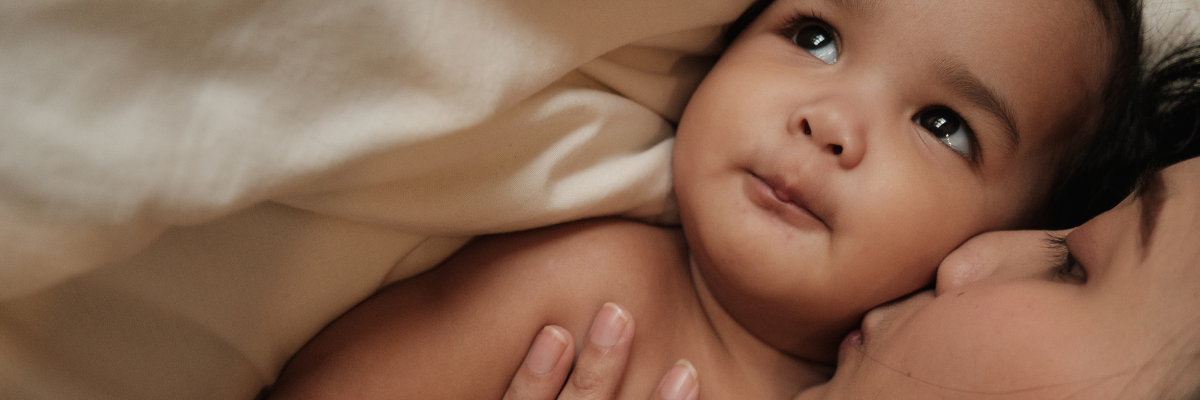Pregnancy and the postpartum period are times of significant change and adjustment for women and men. While these phases often bring joy and excitement, they can also be accompanied by emotional and psychological challenges. Hormonal changes, physical changes, and the demands of caring for a newborn can impact a woman’s mental health. Seeking mental wellness therapy during pregnancy and after childbirth can be a powerful step in ensuring overall well-being for both the mother and her baby.
Understanding Postpartum Depression
Postpartum depression (PPD) is one of the most common complications of childbirth, affecting approximately 1 in 7 women. PPD is more than just the “baby blues” — it is a severe form of depression that can occur after the birth of a child. Symptoms may include intense sadness, anxiety, fatigue, irritability, and difficulty bonding with the baby. If left untreated, PPD can affect the mother’s ability to care for her child and herself, potentially leading to long-term emotional and developmental issues for both.
The Benefits of Mental Wellness Therapy
Mental wellness therapy offers a safe and supportive environment where pregnant and postpartum women can express their feelings, learn coping strategies, and receive professional guidance. Here are some of the key benefits:
- Emotional Support
Therapy provides a non-judgmental space for women to share their thoughts and feelings. This emotional support is crucial, especially when friends and family may not fully understand the new mother is experiencing.
- Coping Strategies
Therapists can teach coping strategies to manage stress, anxiety, and depression. These techniques can help help mothers navigate the challenges of pregnancy and postpartum life.
- Bonding with the Baby
Therapy can also focus on strengthening the mother-infant bond. By addressing issues such as postpartum depression and anxiety, therapy can help mothers develop a stronger, healthier relationship with their babies.
- Addressing Relationship Changes
The arrival of a new baby can put some tension on relationships with partners, family members, and friends. Therapy can help women and their partners communicate better, manage conflicts, and adjust to new roles and responsibilities.
- Preventing Long-Term Issues
Early intervention through therapy can prevent the rise of mental health issues. Addressing these concerns early can lead to better long-term outcomes for both the mother and the child.
How Carolina Therapy Connection Can Help
At Carolina Therapy Connection, we are committed to supporting the mental health of pregnant and postpartum women and their spouses. Our team of therapists has experience in maternal mental health and understands the different challenges faced during this time.
We begin by offering a detailed screening with one of our therapists. This initial step helps us understand your specific needs and concerns. Following the screening, we will work with you to schedule a therapy session. We aim to provide a supportive and nurturing environment where you can openly discuss your feelings and receive the help you need to thrive.
If you or someone you know is experiencing symptoms of postpartum depression or other mental health challenges during pregnancy or after childbirth, please reach out to Carolina Therapy Connection. We are here to help you on your mental wellness journey, ensuring you and your baby have the healthiest start possible.
Take the first step today by contacting us to schedule your screening and therapy session. Your mental health is our priority, and we are dedicated to walking this path with you.
🌟 Meet Starr, one of our dedicated Mental Wellness Therapists! With compassion and expertise, Starr helps individuals navigate pregnancy and postpartum journeys. She supports both parents, understanding the importance of a strong support system. Starr believes in the power of therapeutic alliance and meeting clients where they are on their path to healing. Click the link below to learn more!🤍

